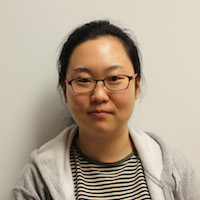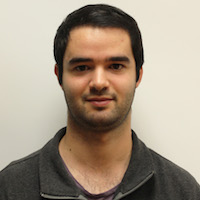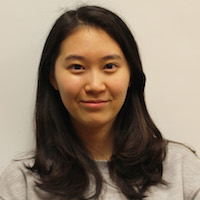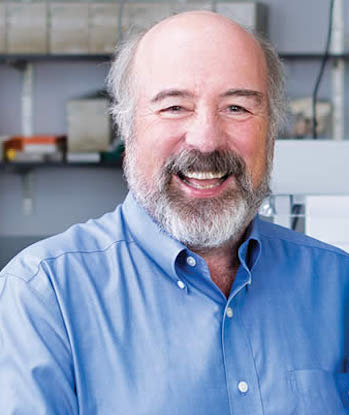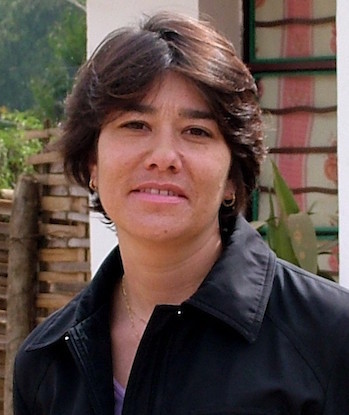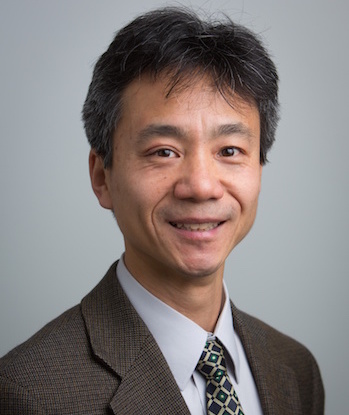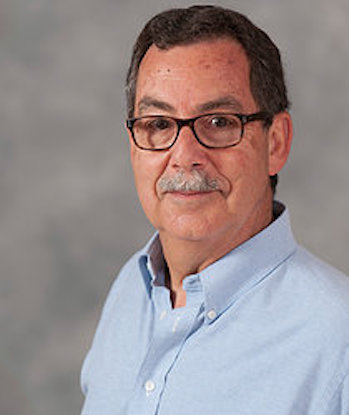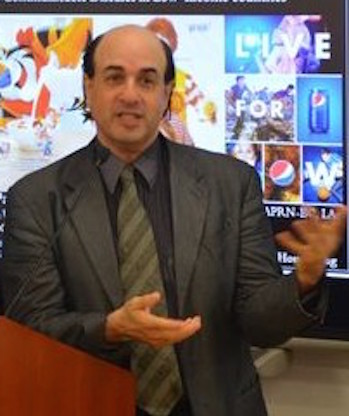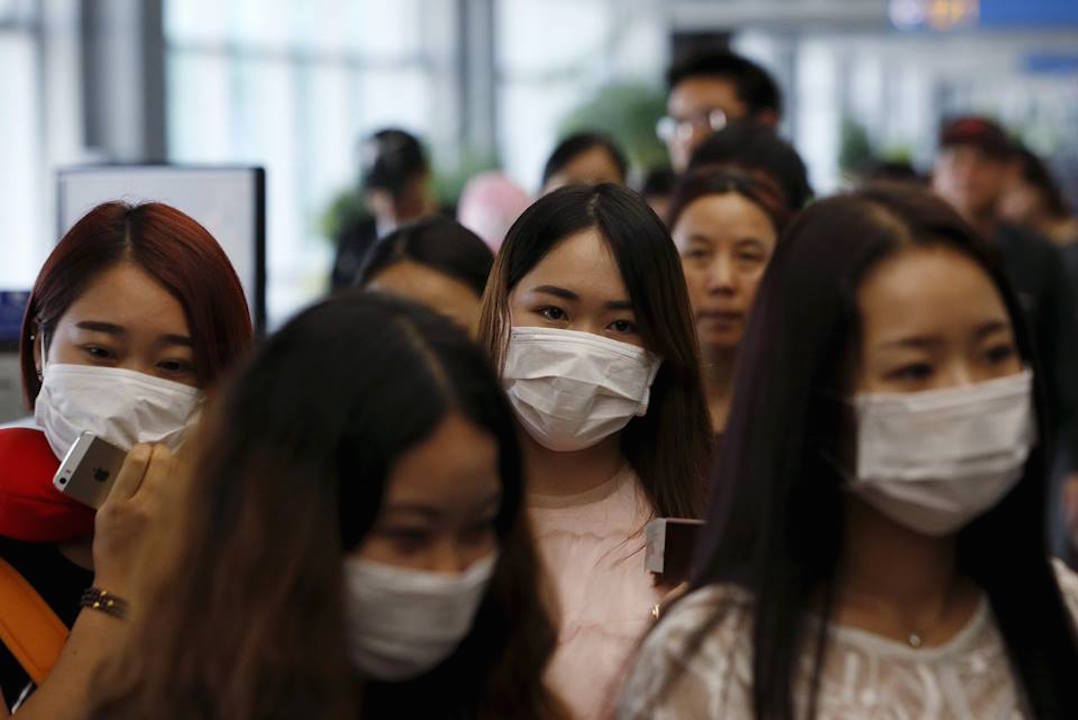
MISSION STATEMENT
The goal of the Symposium is to provide a platform for undergraduate and graduate students from across the country to explore general public health issues in Asia. We seek to foster a comfortable, constructive environment in which students present their research, expose themselves to the research of others, and receive feedback from professionals and peers.
2017 SYMPOSIUM THEME
The rapid growth within the Asian region has been highly beneficial in a multitude of ways, but new challenges frequently follow new advancements. As Asia modernizes and urbanizes, it is forced to combat unprecedented health threats. This symposium seeks to bring forth a holistic view of Asia’s public health status through a representation of many different nations.


